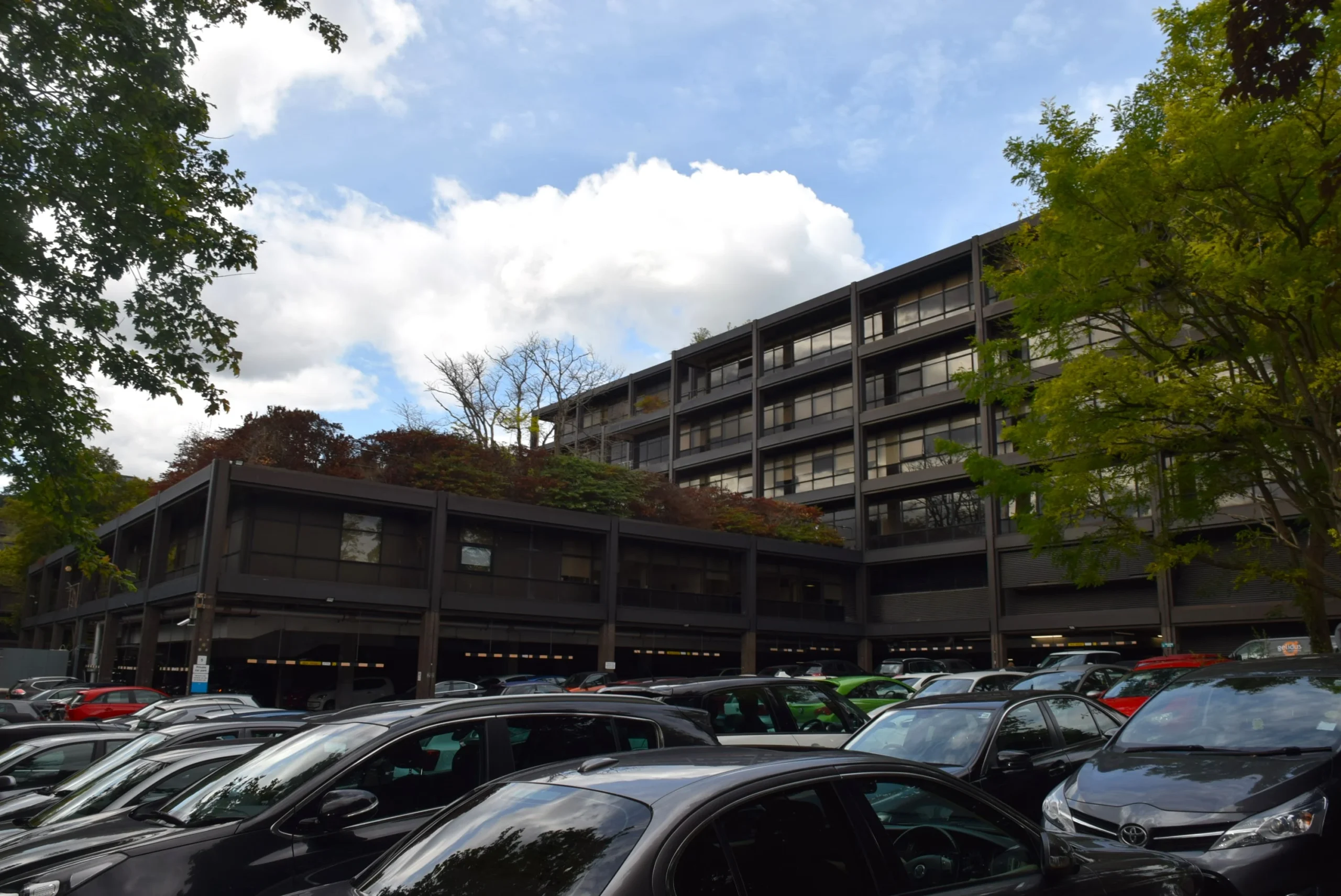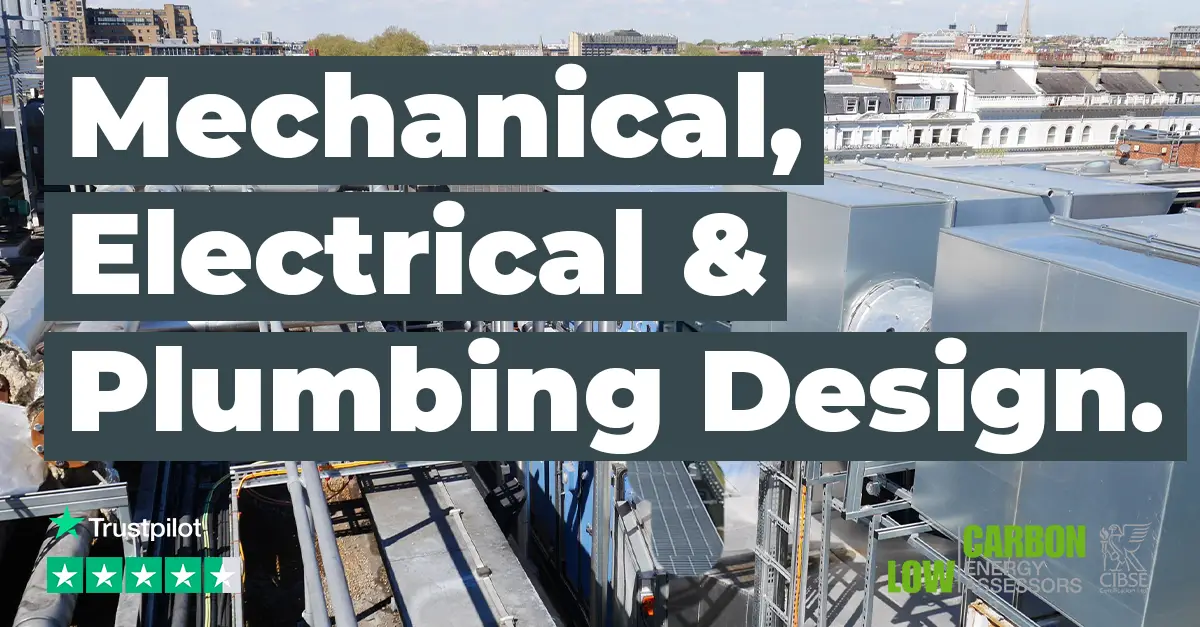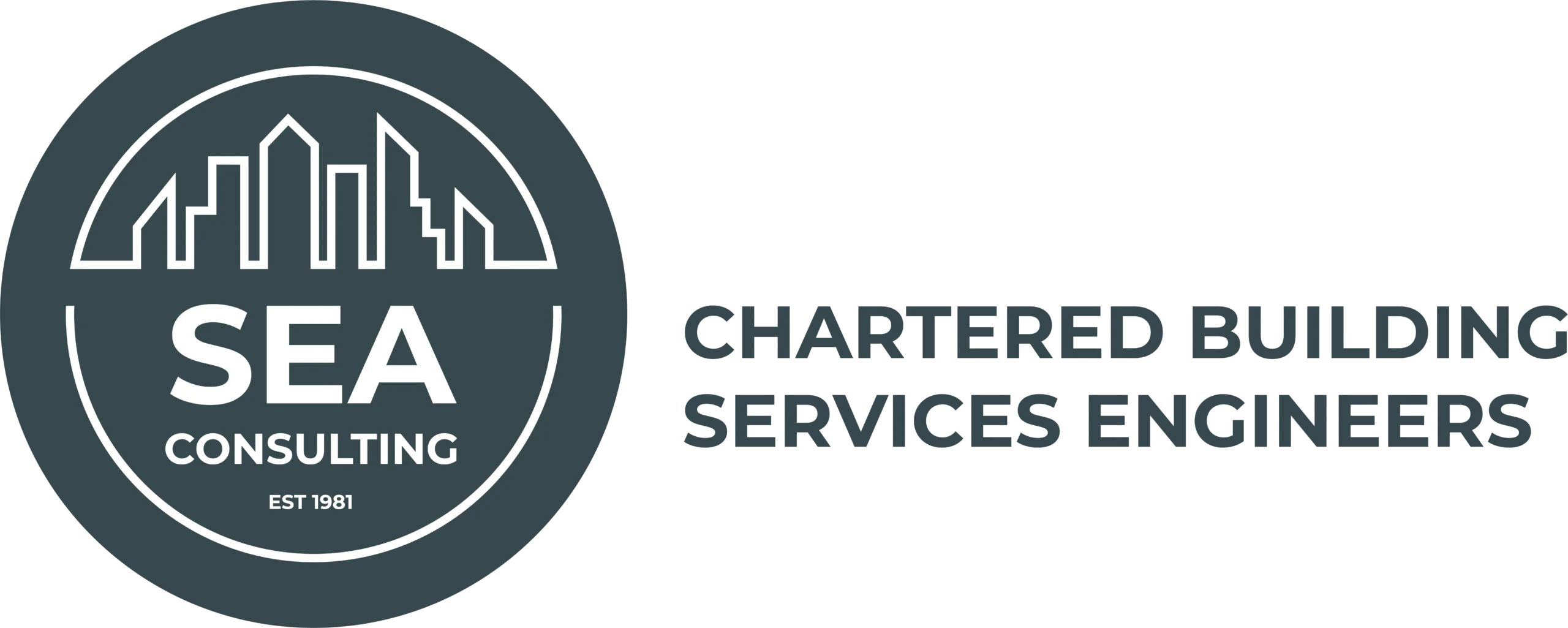Effective M&E design is pivotal for the functionality, safety, and efficiency of modern buildings. Adhering to best practices ensures that mechanical and electrical systems perform optimally and comply with relevant standards.

Best Practice 1: Early Collaboration with Stakeholders
Engaging all project stakeholders—including architects, engineers, contractors, and clients—during the initial design phase fosters a unified vision. This collaborative approach helps in identifying potential issues early and streamlining decision-making processes.
Best Practice 2: Adherence to Local Codes and Standards
Compliance with local building codes and industry standards is non-negotiable. Staying updated with regulations ensures that designs meet safety requirements and avoid legal complications. Regular training and consultation with regulatory bodies can aid in maintaining compliance.
Best Practice 3: Energy Modeling and Simulation
Before construction begins, leveraging energy modeling software can simulate the performance of mechanical and electrical systems. These tools help designers evaluate energy consumption, thermal loads, and HVAC performance—allowing optimization before implementation, saving both time and operational costs.
Best Practice 4: Incorporating Flexibility for Future Upgrades
Buildings evolve, and so should their systems. Designing with flexibility—such as leaving space in cable trays, ducts, and access panels—allows for easier upgrades or expansions. This forward-thinking approach extends the life of the systems and reduces future retrofit costs.
Best Practice 5: Regular Maintenance Planning
Even the most efficient M&E systems require maintenance. Including access points, maintenance zones, and clear documentation in your design will make it easier for facility teams to maintain equipment. Preventative maintenance strategies should be part of the original plan, not an afterthought.

Well-executed M&E design balances efficiency, safety, and future scalability. By adopting best practices and staying aligned with industry standards, designers can deliver systems that stand the test of time—and pass inspection with flying colors.

